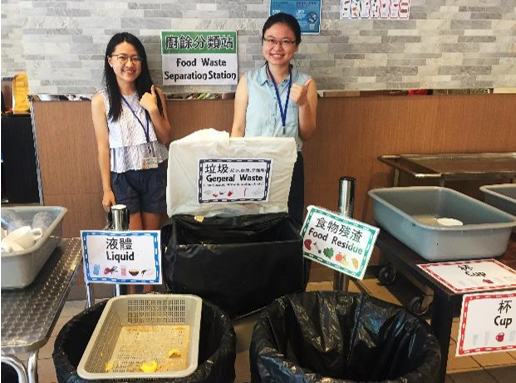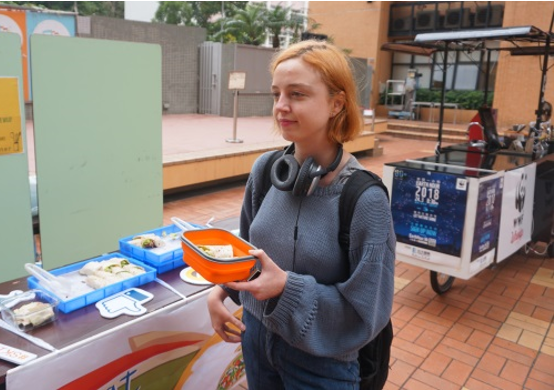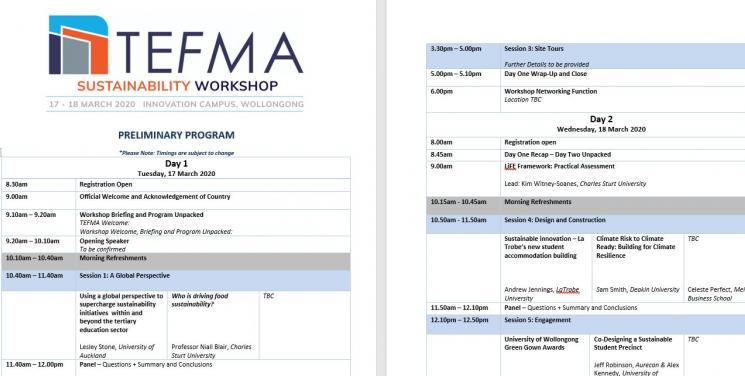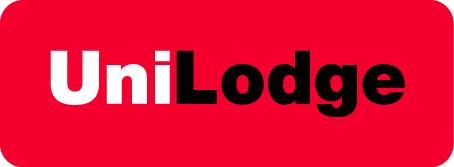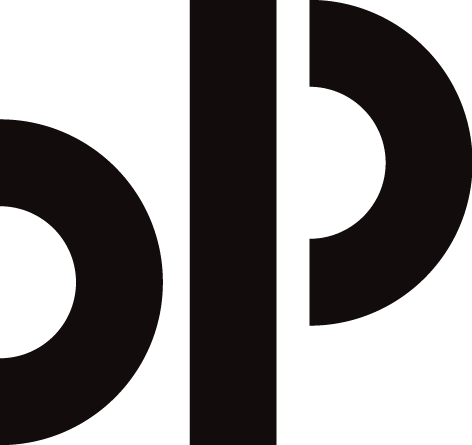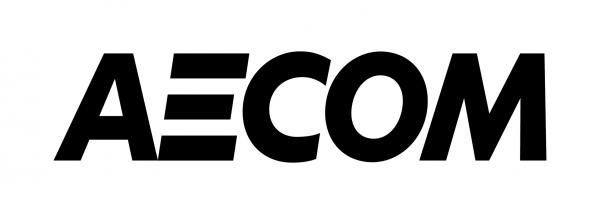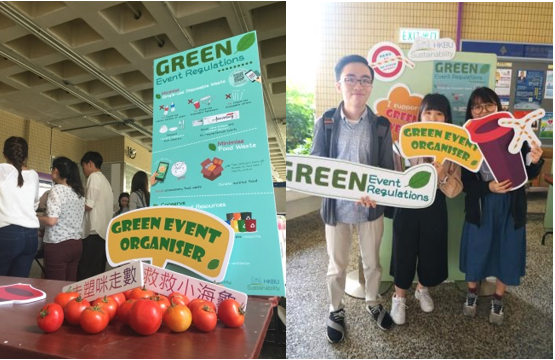
Hong Kong Baptist University: Campus Environmental Sustainability Index
A Holistic Approach to Monitor and Assess Campus Environmental Sustainability Performance:
Hong Kong Baptist University
Campus Environmental Sustainability Index
Estates Office, HKBU
Introduction
Hong Kong Baptist University (HKBU) strives to create a low-carbon and environmentally sustainable campus in support of innovative student learning, a world-class teaching faculty, and published research and knowledge transfer at the highest levels of local, regional, and international competition and cooperation.
To achieve this goal, a holistic assessment tool for educational institution to monitor and assess sustainability performance is needed. While majority of the existing tools mainly measure and evaluate hardware elements such as carbon reduction, energy saving and water consumption, HKBU believe that cultural change of people towards achieving sustainability should also be taken into account when assessing the overall campus sustainability performance.
To fill this gap, HKBU formed a cross-departmental team with sustainability and academic professionals in July 2015 to develop Hong Kong Baptist University Campus Environmental Sustainability Index (HKBU CESI) to assess institutional sustainability performance. This holistic assessment tool, which integrates both hardware and cultural elements, is the first of this kind among the tertiary education institutions in Hong Kong.
HKBU CESI
The Index is a unique and pioneering assessment tool aims to assess the overall institutional sustainability performance by integrating hardware and cultural elements. It can be used as a management tool to provide insights for the University to develop sustainability plan. The Index enables the University to effectively:
(a) monitor progress towards creating a sustainable campus;
(b) measure and evaluate the effectiveness of campus sustainability initiatives (in both achieving hardware efficiency and inducing cultural changes); and
(c) identify innovative opportunities for continuous improvement of existing strategies and to deploy new initiatives in support of the University’s overall campus sustainability strategy.
Framework
HKBU CESI is composed of two sub-indices: Sustainable Culture Sub-index (SCSi) and Sustainable Facilities Sub-index (SFSi) (Figure 1). The former reflects the cultural performance by measuring “green awareness” and behaviour practised by different stakeholders of the University, while the later measures hardware performance versus international, government and tertiary education standards.
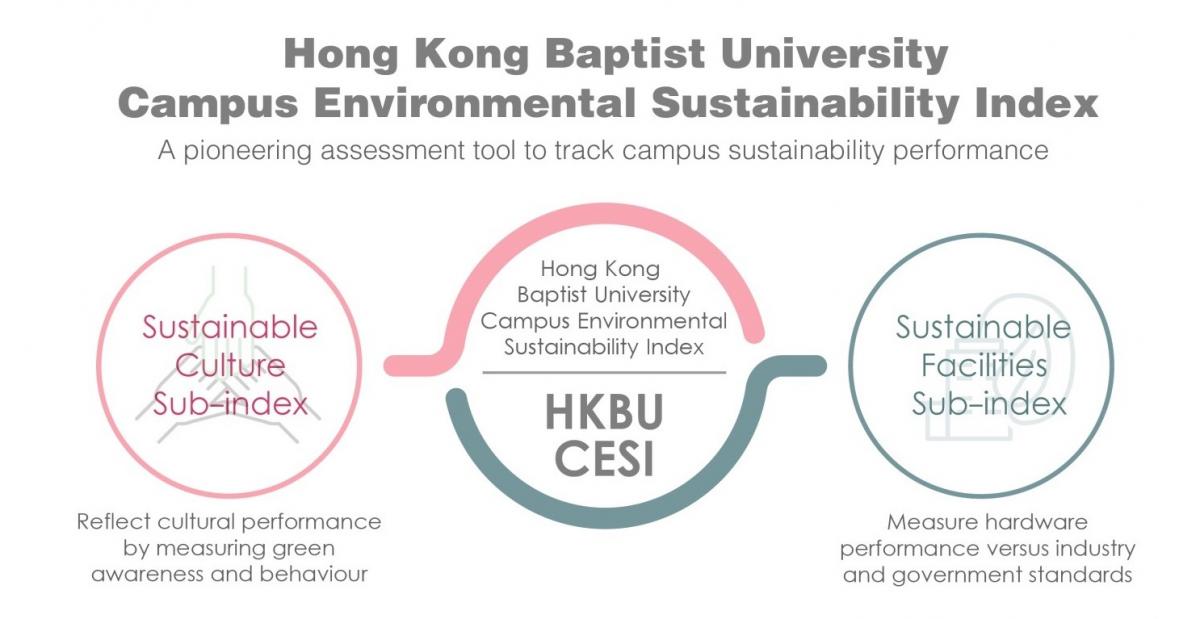
Figure 1. Hong Kong Baptist University Campus Environmental Sustainability Index
The Index has over 90 indicators and covers seven key dimensions: Carbon, Administration, Academic, Resource, Dining, Waste, and Engagement (Figure 2).
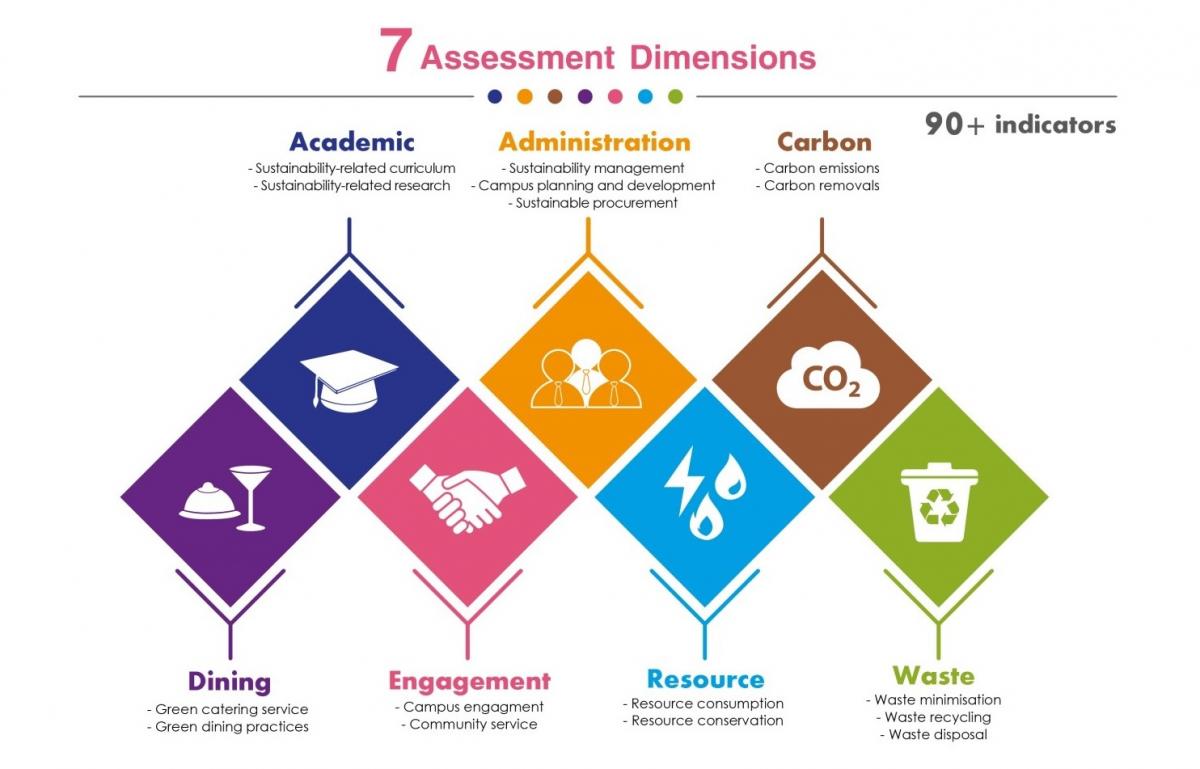
Figure 2. Seven Assessment Dimensions of Hong Kong Baptist University Campus Environmental Sustainability Index
Assessment
Reliable and credible data are of paramount importance for generating HKBU CESI. On the cultural aspect, data related to the daily habits of the University community for conserving the environment and improving sustainability is collected together with the Centre for the Advancement of Social Science Research of HKBU through survey and focus group discussions. The Centre will quantify the data in order to give a clear view about the sustainability performances of the University community. On the hardware aspect, performance of facilities is measured against standards devised by international recognised organisations or governments.
HKBU CESI as a management tool
HKBU CESI is a useful management tool that helps HKBU in advancing sustainability. In the past two years, over 5,000 staff and students were surveyed and the results demonstrate a six percent increase in cultural performance in environmental sustainability, reflecting the increasing environmental awareness among the University community. As a result, the University has launched the disposable wastes reduction campaign in 2017 and became the first No Straw University in Hong Kong (Figure 3). Furthering the dedication in environmental sustainability, HKBU has launched and implemented different measures and initiatives in bringing about the University’s goal including developing the Green Event Regulations (Figure 4), conducting food waste separation (Figure 5) and recycling and organising No Disposable Lunch events to promote using reusable tableware (Figure 6).
|
Figure 3. HKBU has restricted all catering outlets and shops on campus from giving out free straws. A HK$1 levy will be charged for every disposable straw requested by customers. This policy could have saved over 400,000 pieces of plastic straws per year. If placed end to end, its length is equivalent to 6,780 double-decker buses.
Figure 4. Green Event Regulations has been formulated to reinforce sustainable practices when University events are organised. |
Figure 5. To reduce waste, food waste separation and recycling are carried out at all catering outlets. All food waste will be sent to treatment plant for energy generation and production of agricultural compost. |
Figure 6. In support of the University goals of ditching single-use disposable items, No Disposable Lunch events were organised to encourage the University community to bring their own reusable tableware. |
Present and the future
HKBU CESI has many contributions to HKBU. It not only enables and encourages the University to improve progressively on sustainability by presenting clear, comparable and meaningful sustainability performance as an index, but also play a role in important research area of the University.
Around 500 Year One students of HKBU were recruited for a longitudinal study in 2016. It evaluates the cultural performance of individual students through their four years at HKBU to track their behaviours and level change about awareness and commitment on sustainability issues. The data will be valuable for the researches in Data Analytics and Artificial Intelligence research cluster, which has formed under the Institutional Strategic Plan 2018-28 of HKBU to pursue research excellence.
The successful implementation of the Index in HKBU make us believe that it will broadly applicable to other tertiary education institutions and high schools both in local and overseas and can be used to guide them in monitoring the progress towards creating a more sustainable campus. This special tool will serve as a common language in the future that make peer benchmarking sustainability performance and exchanging good practices possible among the institutions.
For enquiries, please contact:
Mr. Michael Kwok
Head of Environmental Health and Safety Section, Estates Office, HKBU
Email: mekwok@hkbu.edu.hk
Or
Mr. Aaron Tse
Manager of Environmental Health and Safety Section, Estates Office, HKBU
Email: aarontse@hkbu.edu.hk
View the article online here >>


